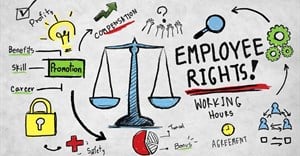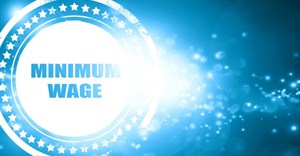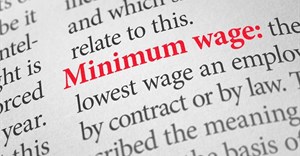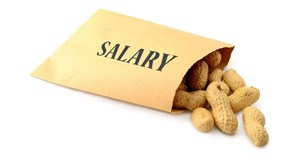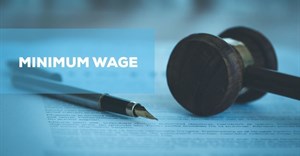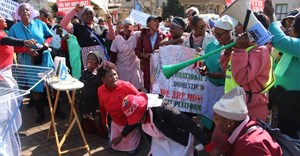How does the proposed minimum compare to a fair salary?
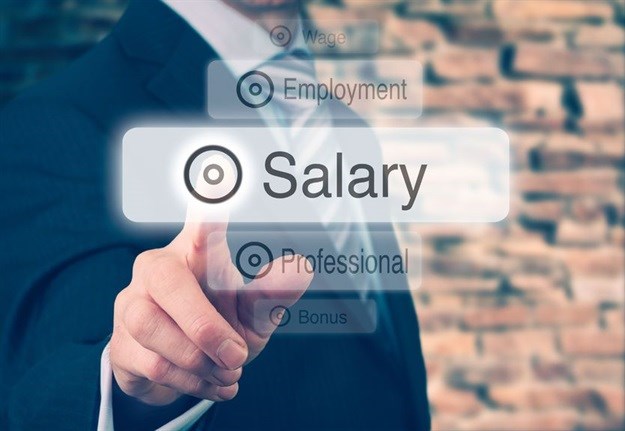
The study investigated the social attitudes of the public by determining the minimum salaries that different age and social groups felt were reasonable, as well as the general feeling towards the possibility of capping the amounts earned by large company executives.
On the issue of what is considered a fair salary, the results ranged from R6,380 to R10,121 per month, with an average across all groups of R6,953. A total of 53% of survey participants also agreed that there should be a cap on the pay received by large company executives.
Proposed minimum wage bill
The proposed minimum wage bill was intended to be passed on Workers Day, 1 May 2018, but has been met with strong opposition from various political parties and trade unions. The bill proposes a minimum wage of R3,500 a month, broken down into R20 an hour for most workers, R18 an hour for farm workers, R15 an hour for domestic workers and R11 an hour for Expanded Public Works Programme workers. This falls well below the considered fair salary determined in the HSRC survey.
A positive look
Labour minister Mildred Oliphant has stated that the proposed minimum wage is based on research and analysis of various circumstances and their possible implications.
The most recent 2018 World Bank Report has found that over 55% of South Africa’s population currently live below the poverty line, with those closest to the poverty line living on R992 per person, with many households suffering constant food insecurity.
Considering these statistics, the proposed minimum wage would vastly improve the lives of the people currently living below the poverty line.
Although R3,500 a month is by no means a fair salary when taking basic needs, living costs and leisure into consideration, it is at least a foundation from which to work upwards. Should the minimum wage be suddenly set much higher, it would possibly result in massive loss of employment and companies closing.
Possible problems to consider
“Enforcing a minimum wage can also have an adverse effect on unemployment, especially in the informal sector,” says Arlene Leggat, executive at SAPA. If a domestic worker earns a salary of R2500 a month, the case may be that their employer can only afford said salary. Should they be forced to pay the minimum wage, many employers may be put in the position to let their employees go.
The result of this will be much greater than it appears, as many employees in the informal sector don’t only provide for themselves, but also in many cases for their entire family, which could include as many as ten people.
This will place an even greater percentage of people below the poverty line, meaning that implementing a minimum wage may very well have the opposite effect than what was intended.
Whether the bill will be passed or not, one thing is for certain: South Africa is by no means close to a solution for income inequality.








